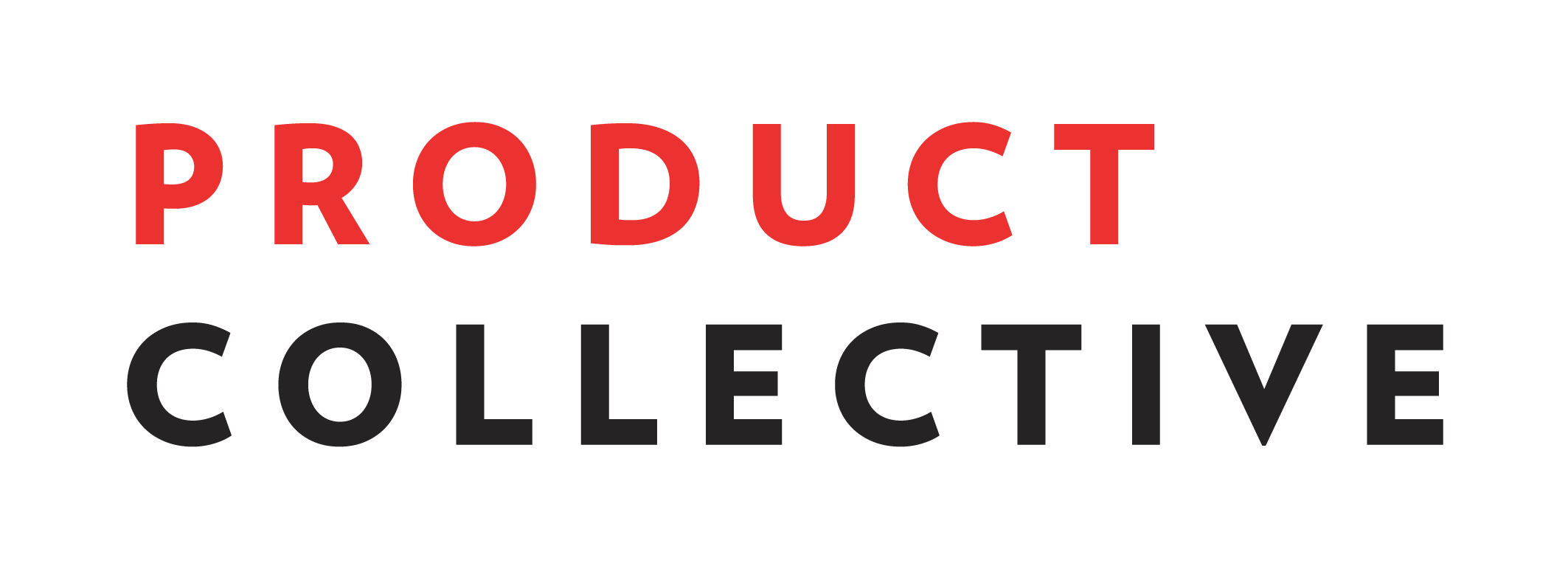Thinking about a career in product management? Already a product manager and looking to move up to the next level? You’ve come to the right place, friend. Here, we’ll go over the path a product management career may take as well as some entries onto the path itself.
If you’re starting very fresh, let’s first go over what product management is. Atlassian defines product management as “an organizational function that guides every step of a product’s lifecycle: from development, to positioning and pricing, by focusing on the product and its customers first and foremost.”
I often refer to product managers as the glue that holds the organization together. Product managers are responsible for interfacing with almost all areas of an organization, not just with the technology teams. It’s for this reason that it’s possible to enter into a product manager career from a variety of different roles, especially those that are tech-adjacent.
How to start a successful product manager career
Starting a product manager career can happen at any point in your journey, regardless of your background. Typically, schools don’t have a product management major/minor, so it’s not necessarily something one can earn a degree in. There are trade schools and programs to earn certifications, and while these aren’t usually required to kick off a product management career, they can prove valuable for anyone entering the product management role as a career change.
The core skills you’ll need to start a career in product management are:
- Communication – be effective in communicating to different audiences, including customers
- Empathy – being able to think and feel like your users
- Curiosity – learn to constantly ask ‘why’ and think analytically
Again, you can begin a product management career from various backgrounds but most often you’ll be coming from an adjacent role in tech. The most common pathways into product management are from customer success, sales, quality assurance, and engineering. When you’re looking to become a product manager from these roles, a great option is to find an internal opportunity. Already having the business knowledge and context of the strategy will give you a pretty big advantage against other candidates that don’t. If you’re unsure about the role, ask to shadow someone for a few hours or have lunch with another product manager on the team.
If you’re not coming from an adjacent role and you’re entering into the tech industry like a baby chick on Easter, you’ll want to do some pre-work before you start scouring the product management job boards. What you’ll want to do first is to learn about the different levels and areas of a product manager career and what the responsibilities are for each one.
Product manager career path levels
There are essentially 4 levels in a career path in product management. These aren’t black and white and can vary from company to company, but even so this is the typical ladder you’ll find if you choose a career in product management.
Associate Product Manager, Product Owner
Experience: 0-3 years
Key Responsibilities:
- Participating in day-to-day activities with the development team
- Managing the backlog and priorities including writing user stories/requirements
- Working with the product manager on executing the immediate roadmap
Associate product managers or product owners is the role that most closely works with the development team. This role’s primary focus is execution of a strategy/vision and translating the ‘what’ into a ‘how.’ If you’re just entering into the product manager career path, you’ll want to put a focus on learning skills like user story writing, collaboration with dev teams, and prioritization.
Product Manager, Senior Product Manager
Experience: 3-7 years
Key Responsibilities:
- Define the product roadmap
- Establish KPIs and other metrics to share with leadership
- Work with product owner to execute roadmap
- Work directly with customers to uncover market problems
- Define launch plans for products/features
- Collaborate with stakeholders and leadership teams
Senior product managers and product managers tend to overlap the most when it comes to a product management team. This role interfaces with the customer more than the other roles up and down the product management path. As a product manager or senior product manager, your typical day will likely be spent strategizing, talking with customers, and evaluating opportunities. You’ll manage down to an associate product manager/owner to collaborate on execution of the roadmap, and you’ll manage up to product leadership to collaborate on the roadmap strategy.
Lead Product Manager, Principal Product Manager, Director of Product Management
Experience: 7-10 years
Key Responsibilities:
- Define long-term product vision/strategy
- Work with product managers to define roadmap and launch plans
- Manage portfolio of products and/or several product managers
- People management – career development, coaching, etc.
Depending on the size or structure of the product team at a given company, product leadership roles can actually manifest in product manager or senior product manager roles. No matter the level or title, the responsibilities will transcend. This part of the product manager career path is where people management comes into play. Other skills you’ll need for this level will be more focused on visualizing a long-term roadmap and managing more than a single product (or area of a product).
VP of Product, Chief Product Officer
Experience: 10+ years
Key Responsibilities:
- Work with leadership on company strategy
- Lead the product vision
- Communicate product vision to executive team and board (if applicable)
- Define and shape product management teams
The head of a product department will be more focused on a company strategy rather than an individual product strategy. Don’t get me wrong – you’ll still need the product expertise so that you can lead the vision and propel the product forward. You’ll be a critical part of the executive leadership team especially during strategic discussions and company direction.
6 tips to speed up your product manager career progression
There isn’t a one size fits all approach to speeding up product management careers because there can be many variables at play: company size, culture, industry, etc. The product management career path doesn’t have to be straight and narrow, either. Make your own way or choose the road less traveled. The constant in the following tips is to stay curious and seek out information. If you are perpetually learning you are improving each day and, as you learn and improve, your vision of the road ahead will become ever clearer.
Network and Find a Mentor
The best way, in my opinion, to learn more about product management is to hang with product managers. Pre-COVID, I would say grab a drink or some coffee but… well, you know the story. For now, network through communities like Product Collective.
Books and Blogs
The second best way to learn is to read (or listen, if you’re like me) books and blogs/articles. There are quite a few from product management leaders in the industry. Whether you’re looking to expand your knowledge on a specific skill or research best practices overall, you have a plethora to choose from.
If you’re a product management beginner, I highly recommend starting with Inspired by Marty Cagan. Cagan does a phenomenal job outlining the product management fundamentals.
Podcasts
Podcasts are a great way to stay current on industry trends. Look for podcasts specific to product management, like rocketship.fm, or find topics related to your product/market. Subscribe so that you’re notified of new episodes.
Follow Product Leaders
Whether your preference is LinkedIn or Twitter, following product management leaders is another way to stay up-to-date. Many experts will post tidbits or advice or best practices that you can take with you on your product management career climb. Having product management content in your social feeds allows you to absorb nuggets of information throughout your day and you’ll be learning more product management without even realizing it.
Attend Conferences
I’ve learned buckets of information from attending conferences. Not only will you hear great talks from other product managers, but you’ll also be able to network (even if you attend virtually). You’ll likely walk away with lots of notes to take back to your day-to-day product management life. The best product conference? Industry, of course!
Ask for Feedback
No matter what stage of your product management career you’re in, asking for feedback is invaluable. From your peers, your manager, or your direct reports, feedback will let you know how others perceive you and where you have room to improve. Asking for it is not enough, though. Make sure you are taking action against the feedback provided.
Other product management career options and roles
If a traditional product management career path doesn’t appeal to you, there are other roles in product management that might be more your cup of tea.
Technical Product Manager
A technical product manager career path is quite similar to a traditional product manager but with more of a technical focus (obvious, right?). Most technical product managers evolve out of a developer or QA role because they usually need to know a bit of code. Technical product managers usually lead back-end systems or products.
Product Operations (Product Ops Manager)
Pendo defines Product Ops as an operational function that optimizes the intersection of product, engineering, and customer success. As a product operations manager, you’ll focus on communication and alignment of launch plans, research tools for the teams’ needs, support production, and analyze everything within your purview. This is a rising role in the product management field, and one that companies have found critical to success.
Key takeaways about PM career path
There are several roles in the product management world and, lucky for all of us, the product manager career path will never be straight and narrow. Being a great product manager requires having empathy, being perpetually curious, and learning to communicate with all different audiences. The great news? You don’t need to go to school for any of that! These are the skills you can practice throughout each and every day. When you are ready to begin your interview process, start with this list of 101+ Product Manager Interview Questions to prepare.
What I love most about being a product manager is that no day is the same. If you like variety, solving problems, and working with people, then explore a product management career. If you’re unsure about starting a career in product management, talk with someone! I’ve met loads of people willing to discuss what it’s like to be a product manager and help others break into it. My Twitter DMs are always open: @danie__k. Stay curious, friends.


